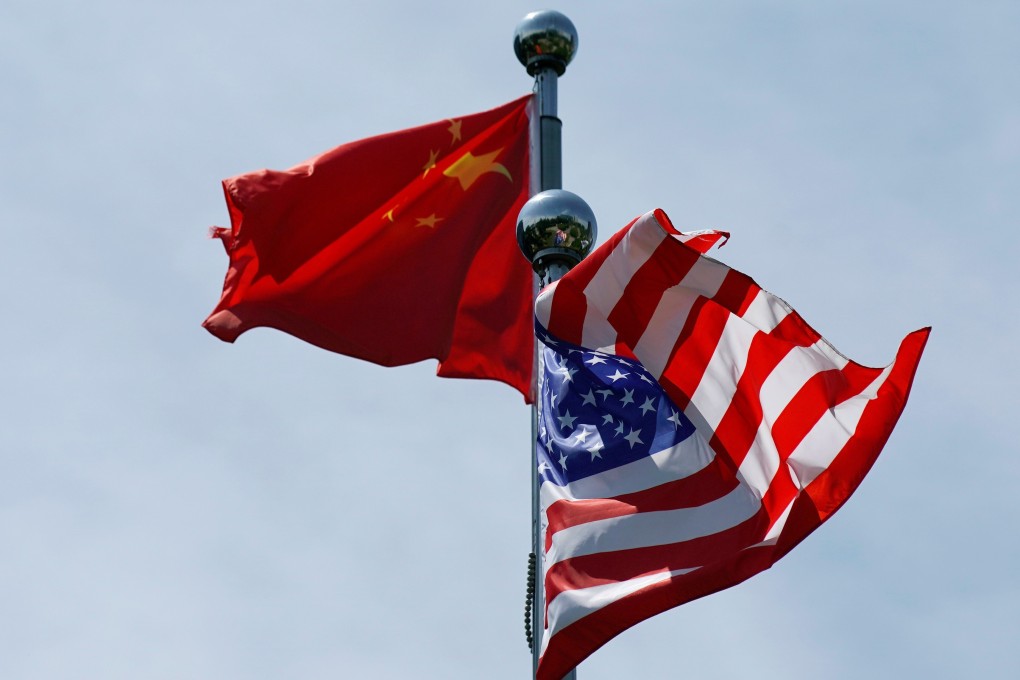China-US animosity frustrates Beijing’s ‘Fox Hunt’ for overseas fugitives
- Beijing’s attempts to bring suspects and fugitives home is complicated by its relationships with other countries as well as claims of human rights abuses
- 35 people remaining on the country’s most wanted list are thought to be in the US, Canada, New Zealand, Australia and Britain

China and the United States had a standing Agreement on Mutual Legal Assistance in Criminal Matters, said Professor Wang Jiangyu, director of the Centre for Chinese and Comparative Law at City University in Hong Kong. But it largely depended on good relations between both sides to work, he said.
“When the Sino-US relations were normal, such cooperation had been carried out quite effectively before 2018,” he said. “But now, there is no such goodwill to carry out such soft international obligations, given the unprecedented tension.”
Wang said both China and the US lost out as a result.
According to China, the US is the favoured destination of high-profile fugitives, along with other countries in the “Five Eyes” security alliance – Canada, New Zealand, Australia and Britain.
Many of those fleeing criminal charges in China chose those countries because they had better protection of human rights, said associate professor Alfred Wu from the Lee Kuan Yew School of Public Policy at the National University of Singapore.